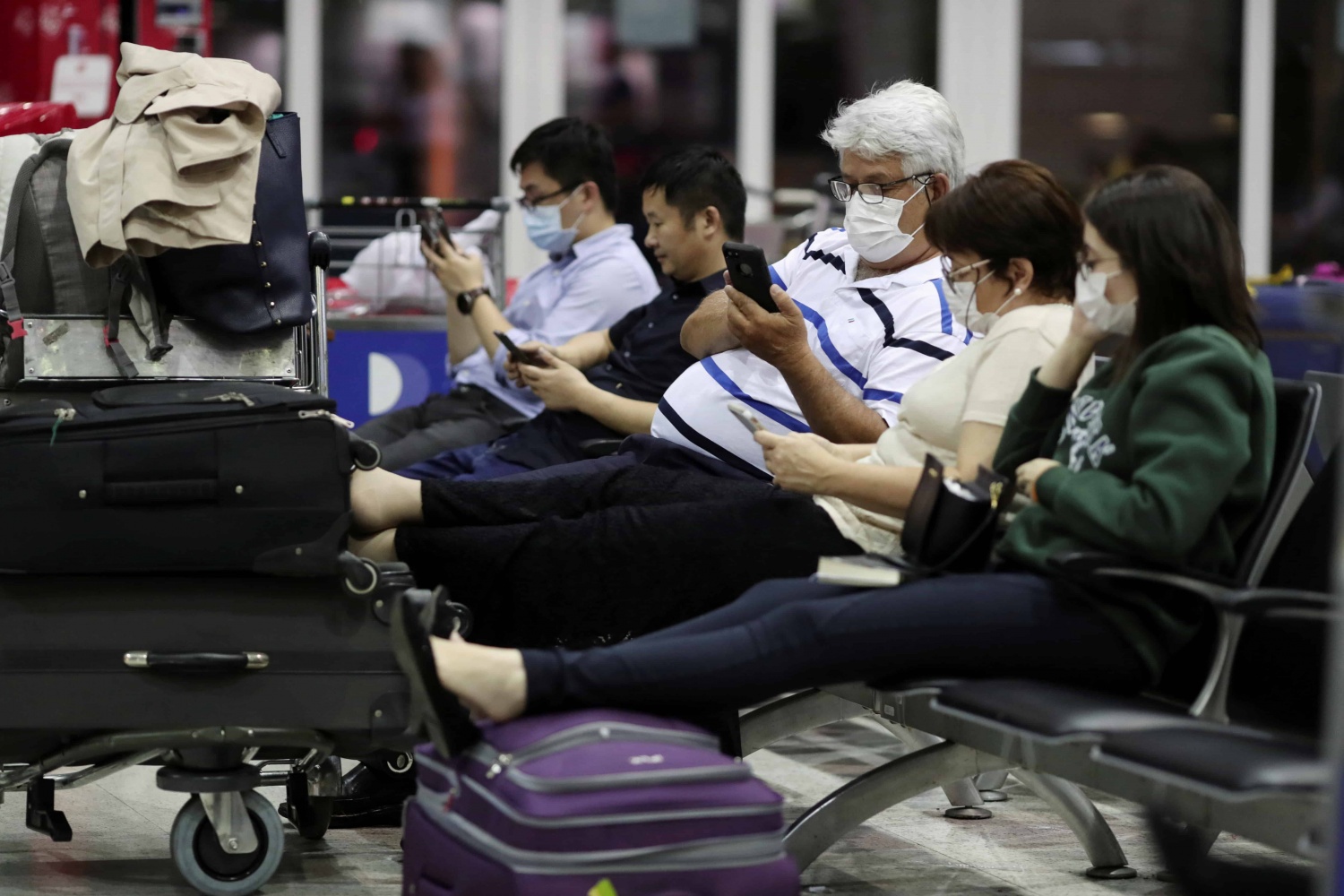
A slew of online misinformation, conspiracy theories, and fear quickly unfolds as the new Chinese coronavirus spreads.
A handful of social media giants, which have long faced backlash for the spread of misinformation online, have announced steps to combat fake cures, conspiracy theories, and more about the outbreak on their platforms.
What would Facebook do?
In a blog post, Facebook's head of health Kang-Xing Jin said that the social media site has a third-party team of fact-checkers reviewing content material associated with the virus.
"When they rate information as fake, we restrict its post on Facebook and Instagram and tell people accurate information from these partners," Jin wrote.
He added Facebook would also notify the users who already shared or are trying to repost the content that the information has been fact-checked. Jin said the Califonia-based social media and technology company would also start to upload flagged contents with fake claims or conspiracy theories by leading global health corporations and local health authorities that could cause harm to people who accept as true with them.
If you search for the virus on Facebook or Instagram, "we can surface an academic pop-up with credible statistics," the blog put up stated.
Would Google take steps?
Google launched a similar move Thursday, saying it is closely working with the World Health Organization to share accurate information to the public about coronavirus.
The public would quickly locate an alert on top of Google's result pages with "prevention tips, info, sources" in addition to Twitter updates from WHO, the enterprise said in a tweet.
Today we launched an SOS Alert w/ @WHO, to make resources about #coronavirus easily accessible. When people search for related info on @Google, they’ll find the alert atop results page w/ direct access to safety tips, info, resources & Twitter updates from WHO. — Google Communications (@Google_Comms) January 30, 2020
Would Twitter filter out fake tweets?
According to Twitter, it had seen "over 15 million Tweets" on the subject of coronavirus in the past month. The trend appears to continue, it added.
Twitter, given the surprisingly evolving nature of the issue and the growing international response, has released a new dedicated search prompt to make sure that the facts on the #coronavirus are credible once a person searches for information. Twitter's official Public Policy account underscored that the microblogging and social networking service would want to help the public obtain credible information - especially on public health.
Jun Chu and Jennifer McDonald, Twitter's public policy officials in Asia-Pacific and the U.S, said that the move is an expansion of the social network's #KnowTheFacts prompt. The campaign, which started last May, directs people who search for keywords related to vaccines to legit public health resources.
The social media giant said it is halting any auto-suggest results that are likely to direct individuals to non-credible content on the social media site. Twitter has also officially partnered with the World Health Organization (WHO) and other official health organizations for credible information on the latest 2019-nCoV updates.









